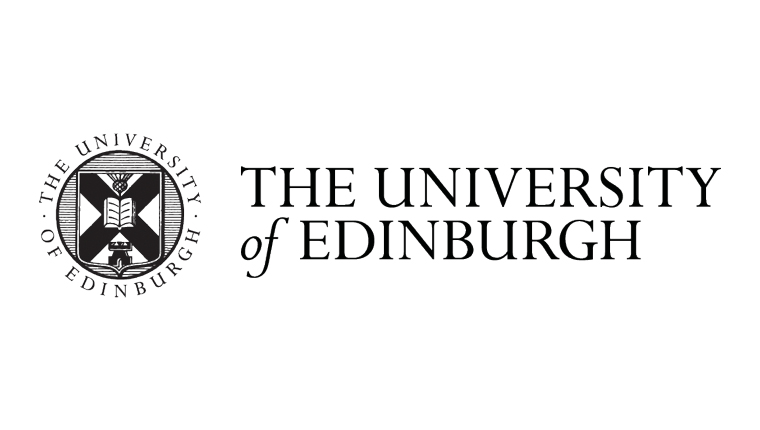
Army of University of Edinburgh scientists search for Covid-19 treatments
Up to 150 researchers from the Centre for Inflammation Research are being re-deployed to work on a project that aims to test existing and experimental drugs to find a treatment for Covid-19.
The team believe new therapies could be discovered and implemented before a vaccine becomes widely available by repurposing medicines for other conditions that are already in clinical use or are currently being tested.
The new project – STOPCOVID – will focus on the inflammatory pathways that lead directly to lung injury, which is associated with the most severe aspects of Covid-19.
Inflammation is important in fighting infection but in the case of Covid-19 excessive inflammation is causing the lungs to fail, leading to death.
Researchers will test drugs to see if they can block this and other damaging types of inflammation in the early stages of the disease to change the course of infection and prevent the need of a ventilator.
STOPCOVID has secured £2 million funding from LifeArc, a medical research charity, with its Centre for Diagnostics Development based at Edinburgh BioQuarter. Baillie Gifford, an investment firm, has also agreed to provide funding for the project.
The team aims to raise a total of £15 million from the private sector. Discussions are continuing with other potential partners.
The team are collaborating with pharmaceutical companies from across the world and have already identified key drugs and mechanisms that are currently in development or are being used for other diseases.
Experts are working in partnership with researchers from the University of Bath to use fibre-based technology that can deliver drugs into the body and provide real time images of the effects deep in the lungs. The technology could also be used to take samples of lung fluid for analysis.
The project draws upon more than 30 years’ experience from the University’s Centre for Inflammation Research.
STOPCOVID will be based at Edinburgh BioQuarter, which will unite interdisciplinary scientists from the Centre for Inflammation Research, clinical research teams in NHS Lothian and University of Edinburgh, regulatory teams, and clinical trial networks.
Such proximity will allow close and immediate collaboration, researchers say. Drug manufacturing facilities on site will allow for quick testing of potential treatments.
The team will work closely with regulatory experts to fast track any potentially successful work while following due diligence. Any drugs that provide positive early results will be fast tracked into national and international clinical trials.
This approach could have a beneficial impact on millions of people who are affected worldwide, experts say. It could be a significant boost for low and middle income countries where people do not have access to intensive care and ventilation facilities.
Funding for the project will cover trial and clinical costs, data analyses and scaling up testing of drugs that show promise.